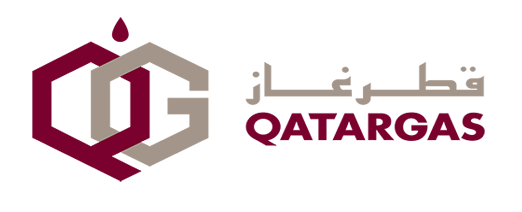The engineers of Amine Experts, Dehydration Experts and Sulphur Experts, involved in the troubleshooting and optimization of their Clients’ SRU, TGU, Sour-Water Stripper Units and Amine Systems need the most accurate, repeatable, and unbiased laboratory results to populate their process models and to decide what corrective measures need to be implemented in these processes.
The analytical experts within the Sulphur Experts group therefore assess and evaluate every new technology and equipment coming to the market, striving to find better, faster, and more accurate and reliable equipment that delivers the same or better analytical performance as existing technologies.
The outcome of a recent evaluation is that Amine Experts, Dehydration Experts and Sulphur Experts, will continue using research-grade gas chromatographs (GC’s). Critical process and planning decisions are made from our data, and a deviation in any value is not only unwanted by our clients, but also completely unacceptable.
It is our experience that research-grade (or conventional) gas chromatographs deliver a better degree of accuracy (as low as ±2% of measured value), ensuring the highest level of confidence in the analysis.
For this and many other reasons, such as flexibility to reconfigure the GC for multiple applications, easy troubleshooting and repair in the field, ruggedness, and robustness, we do our Research and Development as well as our field work with these research-grade GC’s.
We assure the accuracy of our GC analytical results through regular and rigorous calibration in accordance with our quality-control procedures and quality-assurance programs. Our GC’s undergo multi-point calibrations to properly range the equipment and apply the correct calibration curve-fitting (power, polynomial, linear, logarithmic). GC’s are directly calibrated for all components, including detailed on-site and field calibrations to verify correct operation and calibration and to establish lower detectable limits.
Additionally, our GC’s are plumbed and configured to avoid potential errors in analysis. We verify and ensure that the GC’s and analyses do not suffer from issues such as physical absorbance of species or analytes, hysteresis, material degradation, or matrix effect1. These are well-known sources of error that significantly increase analytical uncertainty and lead to incorrect results consequently affect our Clients’ decisions based on these results.
The right equipment, the right calibrations, the right people and thinking… every time!
1Matrix Effect (GC): A matrix effect is an analytical error caused by differences in physical properties (such as density and viscosity) of the gas samples due to significantly different compositions. These physical differences (e.g., of a field sample versus a calibration standard) lead to a different behaviour of the gas samples when injected into a GC, resulting in different responses and analysis results.
When the analysis of a component is completed on a GC with a fixed-volume injection loop, and the sample that is being analyzed does not have the same/similar matrix as the calibration standard(s), the linear velocity of the gases may be different. As the molecular weights change, the speed at which the mixture moves through the sample loop also changes, thereby causing variations in concentrations of analyte entering the analytical column. Consequently, the component response factor of H2S of a calibration standard (e.g., 50 ppm H2S in a balance of Nitrogen) can be different compared to a field sample with an expected 50 ppm H2S in Methane.
The matrix effect can also affect the actual gas sample amount injected in the GC column when using “time-programmed-gas-injection systems”. When time-injection programming is used to adapt the analyses to different ranges of analyte concentrations in field samples, the actual gas-sample volume and GC-response may not be linear with injection time resulting in deviations against the calibration point (or curve) stored in the data system.
Brand Anthem
Our Experts are a powerhouse of advanced analytical capabilities coupled with unmatched engineering experience that allows both tenured and junior engineers the ability to confidently operate their system and achieve peak performance, in a safe, reliable and sustainable matter.























